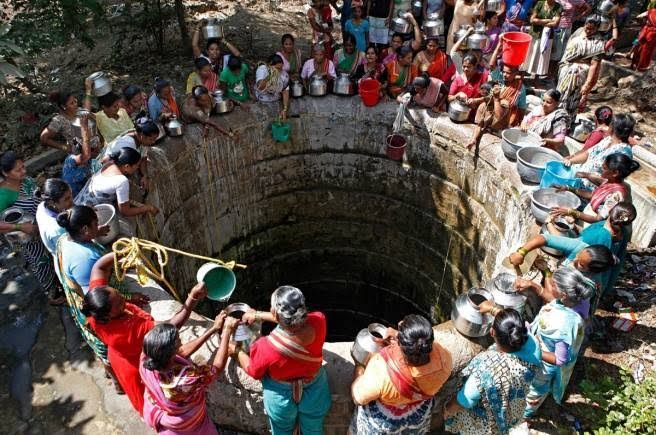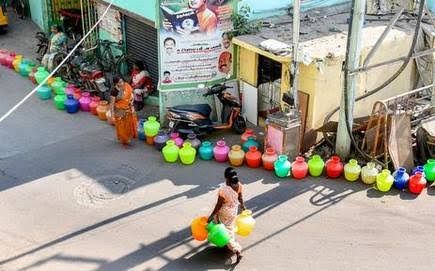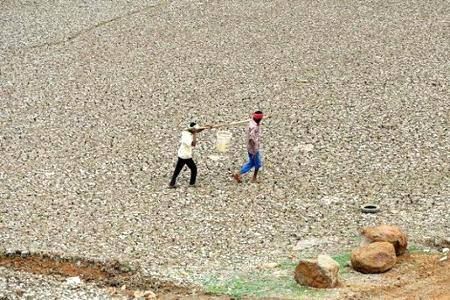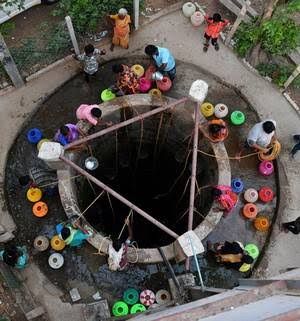The Water Crisis In Chennai- A Story That Should Worry You
Jul 01, 2019 • 12 views

Chennai has lost many areas earlier covered by water bodies to the illegal encroachments and development projects over decades. The state is the first city of India to have gone such dry with the Central Water Commission reporting a rainfall deficit of around 41%in the city till June 13 in this year. Most of the country's population today is all dependent on curtailed municipal supply and water tankers for the daily requirements of drinking water.

This is an appalling condition that needs proper remedies. The television screens show on newswomen scurrying to water tankers to get water and waiting for hours in long queues to get water which barely meets their drinking and kitchen needs. Water which has to be used for sanitation is scarce there, and bathing and laundry are nothing short of luxury in this current situation in Chennai. The price of one bottled water is said to have gone up by four times while packaged water can only be sustained by the wealthier middle-class. Many IT companies have asked their employees to work from home. Several restaurants have been shut down along with their operations. The city is filled with banners, bills, and stickers, saying, "Don't waste water."

There was one time when the city used to be amongst the water surplus metropolitan cities of India till a couple of years ago. Since it follows the old water conservation tradition, it has about two dozen water bodies including the Buckingham Canal and three rivers. The current scenario is such that it is reduced to half a dozen. A study has found out that the city has lost nearly 33 percent of its wetlands in the last ten years. It also lost 24 percent of its agricultural land, which was crucial for improving the groundwater table. With the monsoon getting delayed, it is making the crisis even worse. It has been 200 days at a stretch, as the reports suggest and still, monsoon is not expected yet to bless the city for another few months.

The residents are managing through the government's provision of water tankers while they sometimes have to keep waiting for three days and in long queues for hours and hours.
The city's metro system has also stopped using air conditioning at almost all of its stations and public toilets in malls, and other places have also been stopped functioning, the reports suggest.
